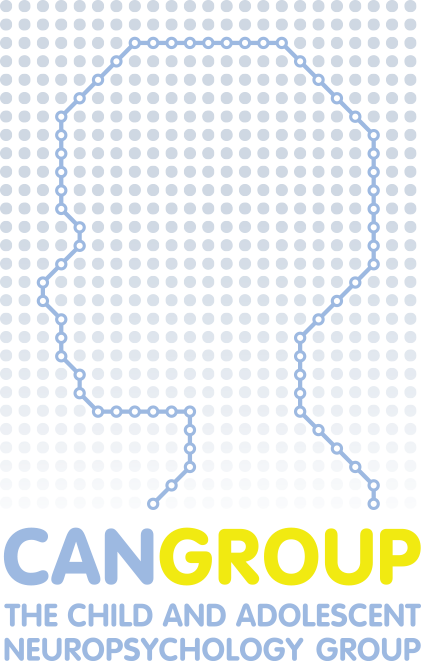Specific Reading and Learning Disorders
Specific Reading and Learning Disorders occur when a child has persistent difficulties with learning and using academic skills, and their academic skills fall below the expected level for the child’s age. These difficulties must have persisted for at least 6-months despite intervention to target the academic difficulties (e.g., extra assistance at school, private tutoring, speech pathology intervention). Children may have difficulties in a range of academic areas, such as:
As Clinical Neuropsychologists, our diagnoses are based off the Diagnostic and Statistical Manual of Mental Disorders (5th Edition), which uses the term Specific Learning Disorder (SLD) to refer to children with academic difficulties in any of the above areas. A formal diagnosis of an SLD will including a specification of which areas a child has difficulty in (for example, a diagnosis may be “Specific Learning Disorder with impairment in word reading accuracy and spelling accuracy”). However, there are several other terms that can be used to refer to Specific Reading and Learning Disorders, such as Dyslexia, Dyscalculia, or Dysgraphia.
Dyslexia is commonly used when a child has difficulties learning to read. As Clinical Neuropsychologists, we use the term dyslexia to refer to children who have a specific pattern of difficulty reading words, recognising words accurately and fluently, and spelling. These children also typically have a weakness in their phonological awareness and phonics skills (understanding the sounds that make up language, and the relationship between sounds and letters).
Dyscalculia is a term used to refer to a pattern of difficulties related to mathematics, specifically difficulty processing numerical information, learning mathematical facts, and performing accurate and/or fluent calculations.
Dysgraphia refers to difficulties with writing and written expression, including fine-motor difficulties that impact handwriting, and difficulties with organising ideas and structuring written output.
A neuropsychological assessment for Specific Reading and Learning Disorders starts with a parent interview to understand your child’s early development, including their language, developing phonological awareness in kindergarten (e.g., learning rhyme), and their academic progress. It will also include asking your child’s teacher to complete a questionnaire about their behaviours and performance in the classroom, which may be followed-up with an email or phone conversation. One-on-one assessment with your child will include a comprehensive assessment of their academic skills, as well as intelligence, attention, working memory, language, learning, and executive functioning skills. As well as potentially diagnosing SLD (where applicable), the neuropsychological assessment can also provide an understanding of the other factors that may be impacting a child’s reduced academic development, and provide specific strategies to support their ongoing learning.
Links:
Request further information
For general enquiries, please complete the form below.
Alternatively, if you require a booking with one of our Neuropsychologists,
please click here to proceed to our referrals & bookings page.

